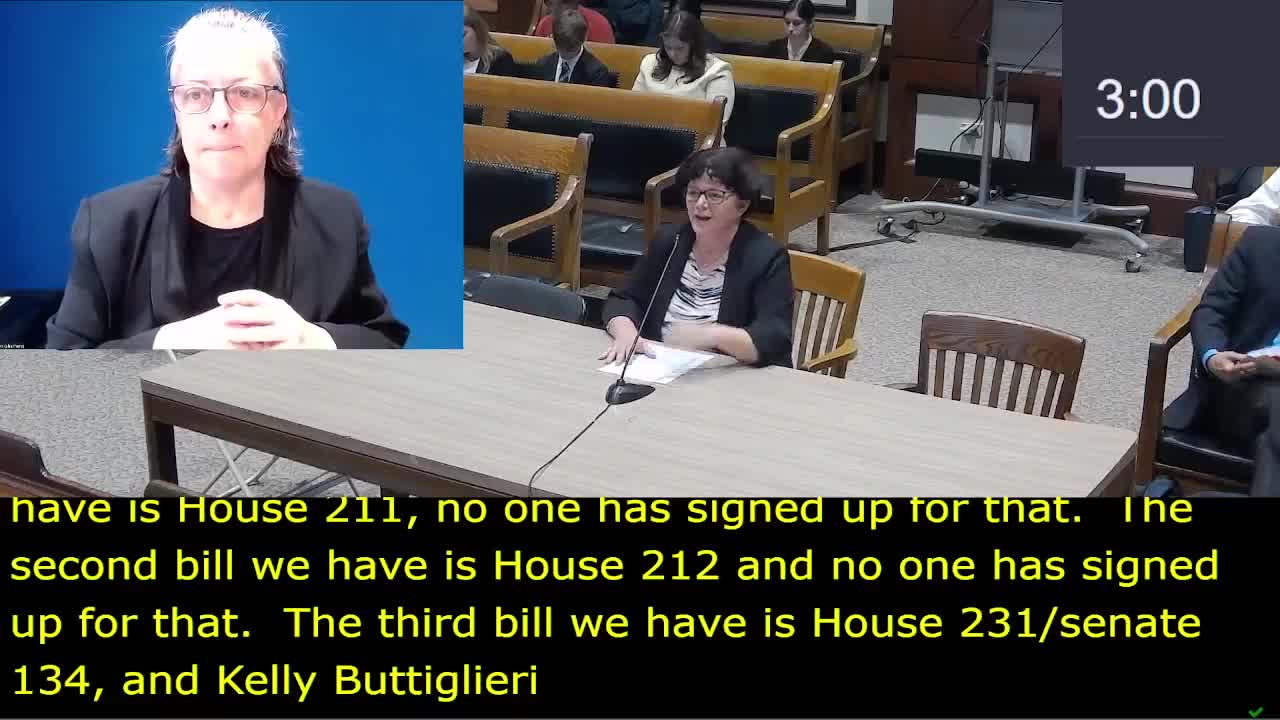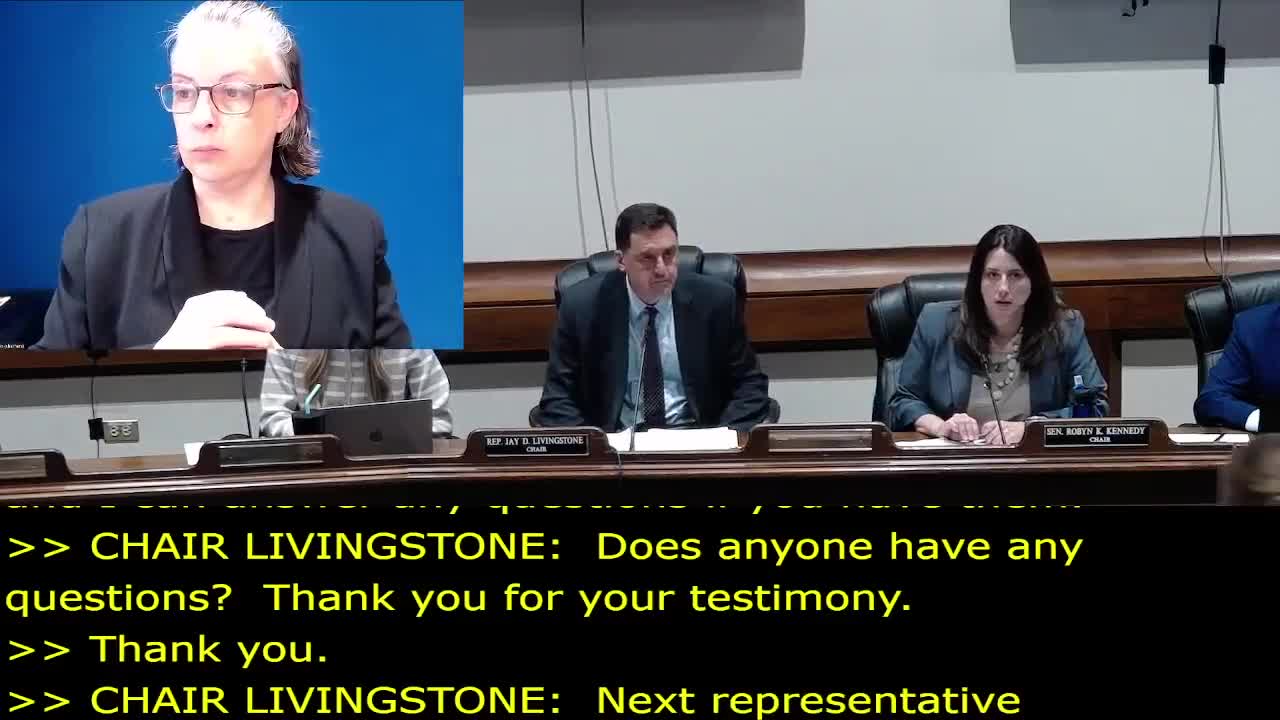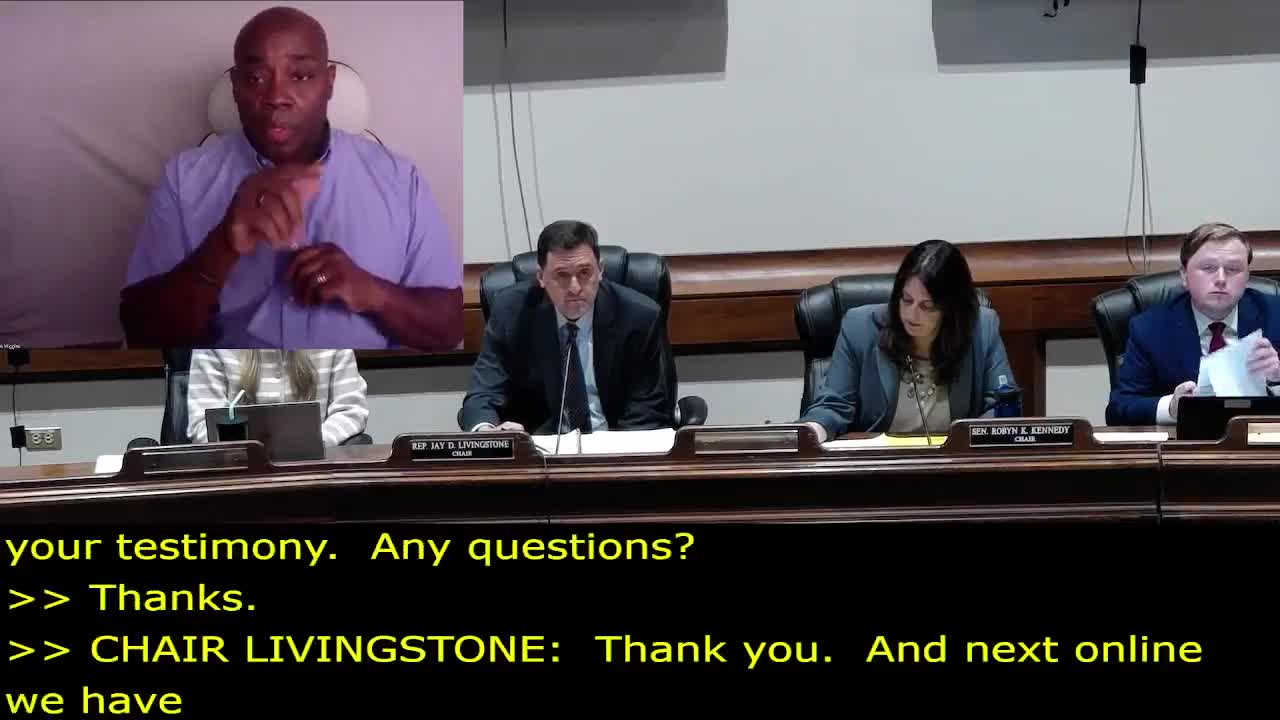Article not found
This article is no longer available. But don't worry—we've gathered other articles that discuss the same topic.

Sponsors Seek Compensation for PCAs Providing Queuing and Supervision Tasks

Autism Education Bill Draws Strong Opposition from Parents and Advocates

Brain Injury Association Urges Creation of Permanent Acquired Brain Injury Advisory Board

Witnesses Support Bill Letting MassHealth Pay Guardians for Incapacitated Individuals

Panel Backs Bill to Remove Archaic Language from State Law

Advocates Ask Legislature to Adopt Federal Definition of Developmental Disability

